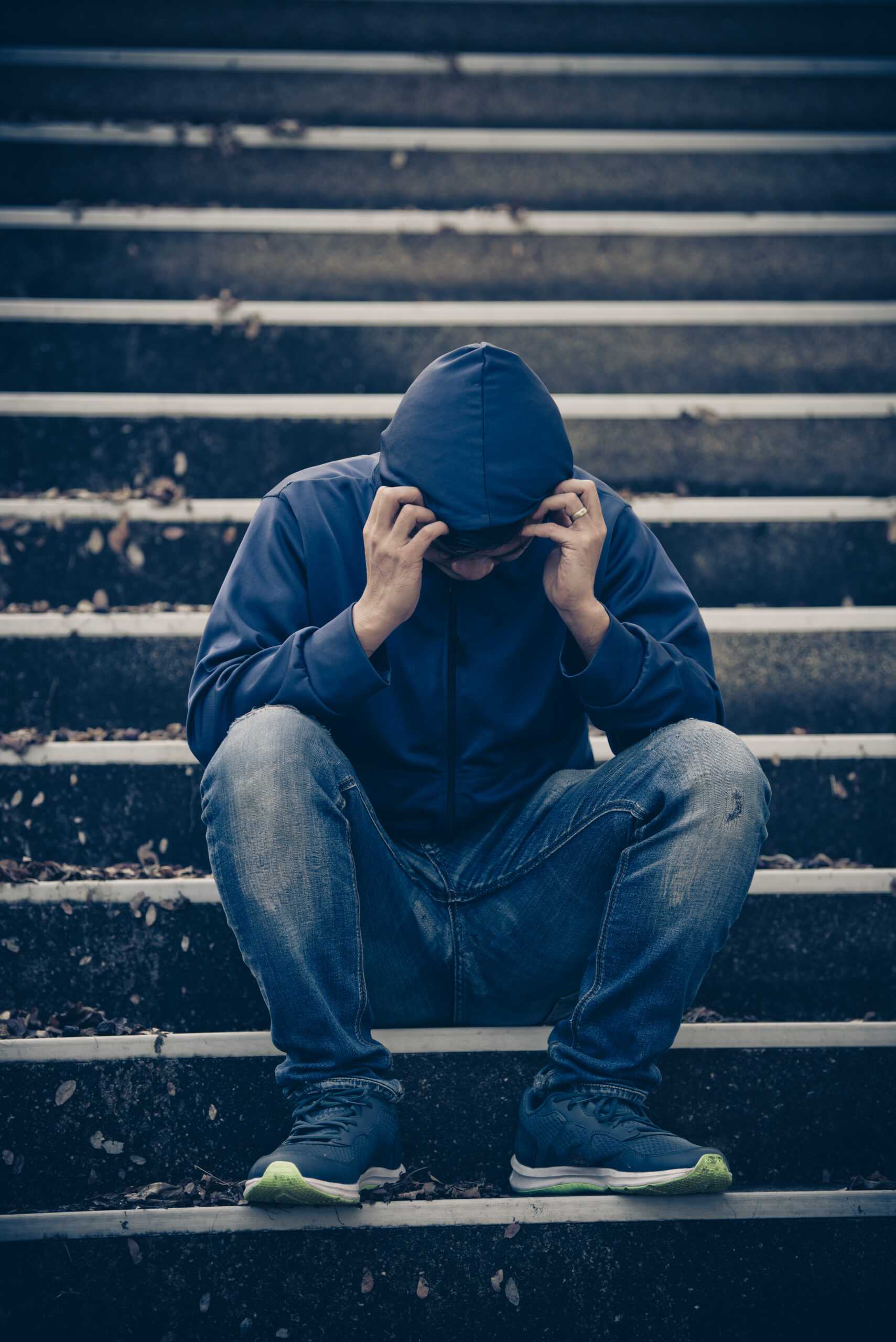HomeRecovery ResourcesWhy is There a High Risk of Ov...
Why is There a High Risk of Overdose During a Relapse
Find out more about residential inpatient drug treatment options and how inpatient rehabs can help you find healing.


How a Relapse Can Lead to Overdose
A great risk for the relapsing addict is an accidental overdose. Individuals have overdosed during their first relapse just after a sobriety period on countless occasions. There are a lot of factors which point out the reason for a high risk of overdose when relapsing.
Relapse can be seen as part of the addiction disease. It shouldn’t happen, but most of the time, addicts relapse. Several addicts may become sober after relapsing but some may not. Addicts in early recovery are vulnerable. An individual may take months to develop the skills needed to deal with day to day life and to develop impulse control. They often relapse during this time of vulnerability. It is therefore important that during this vulnerable time, there should be a strong support system for the individual. Abstaining from drinking or a drug doesn’t guarantee sobriety. A relapse may be fatal if an individual has been sober for long.
Request a Confidential Callback
The Risk of Accidental Overdose
When the body is overwhelmed by a toxic amount of a drug, it is an overdose, which may lead to a coma, unconsciousness and even death. During a relapse, there is a high risk of an accidental overdose. Tolerance to a particular drug has been developed by individuals who are drug addicts. Higher doses of the drug have been taken by the addict over time to have the same effects. The tolerance reduces even after a short period of abstinence. When addicts decide to relapse, they usually have the same dose of the drug which they used before their sobriety. A fatal overdose may be the outcome. With regards to such dangerous issues, it is important for an addict to build a strong support system and a strong foundation in sobriety so as to avoid the probability of a fatal relapse.

Common Relapse Triggers
Being around people who are also engaged in addiction is a huge trigger for addicts. The most common trigger for addicts is seeing others drinking or using drugs. It is therefore advisable for addicts to stay away from persons who are engaged in addiction and to stay away from places which may trigger a relapse. An addict may not only be triggered by persons who are engaged in the addiction. Addicts may also experience triggers due to tensed personal relationships with loved ones or family.
Addicts usually relieve stress by relying on their drug of choice. Stress may be a huge trigger for relapse without the proper mechanisms to cope with it. During times of stress, seeking help when in need of it, mediation and exercise are all recommended.
Negative emotions and experiences don’t usually cause triggers. An addict may be triggered to use during celebrations. Triggers may be caused by holidays, parties, large social gatherings and birthdays. Such occasions may make the addict feel as though they are capable of controlling their using in such scenarios. It is dangerous for an addict to think this way. It is advisable for an addict to stay away from such gatherings if they are unable to cope. When going to such events, it is advisable to go along with a sober support.
The mind-altering effects of alcohol and drugs have been relied on by addicts for quite some time. It can be very challenging to cope with life without the mind-altering effects which alcohol and drugs have, particularly in early recovery. Triggers for relapse may include depression, anger, anxiety, loneliness, and fear. Even though negative emotions are experienced by everyone once in a while, specific methods of handling such emotions need to be developed by addicts so as to avoid a relapse.


Get Help Before It's Too Late.
If you or a loved one has recently relapsed, don’t panic. The best thing to do is to reach out to our expert treatment advisors who can help you navigate the in’s and out’s of addiction and treatment.
Contact us via the number 1-866-677-0090 now if you know anyone who is a victim of drug or alcohol abuse. Our knowledgeable and reliable staff will get to you promptly. Visit Our Homepage
More Recovery Resources
Looking for a Trusted Sober Living? Contact Us 24/7
Get in touch with The Last House Sober Living today.
